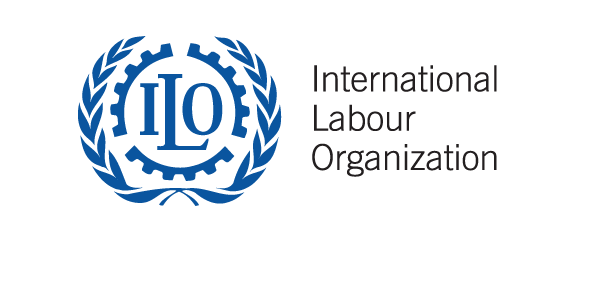By Akanimo Sampson
International Labour Organisation (ILO) has called for a whole-of-supply-chain approach to address child labour in global supply chains during his opening statement to the conference.
Director-General of the ILO, Guy Ryder, said that efforts against child labour in global supply chains will be inadequate if they do not extend beyond immediate suppliers and include those involved in the extraction and production of raw materials.
Ryder also urged governments to address the root causes of child labour in global supply chains, such as poverty, informality and insufficient access to education.
“Today, 152 million children are still in child labour. The need to accelerate progress is obvious”, said Ryder, adding, “the UN resolution declaring 2021 as the International Year for the Elimination of Child Labour is a tremendous opportunity to keep the momentum, and to accelerate action towards the achievement of zero child labour, in all its forms, by 2025.”
The Dutch Minister for Foreign Trade and Development Cooperation, Sigrid Kaag, announced that the Netherlands will become a pathfinder country of Alliance 8.7 – the first European Union (EU) member state to do do.
The Alliance 8.7 partnership brings together 225 partner organisations which are committed to collaborating to achieve Target 8.7 of the 2030 Sustainable Development Goals, which calls on governments around the world to end child labour by 2025 and to put in place effective measures to end forced labour, modern slavery and human trafficking by 2030.
Pathfinder countries commit to going further and faster to achieve Target 8.7. They implement new actions, try new approaches and share their knowledge. With this announcement by the Netherlands, 20 countries have so far committed to accelerating their efforts as Alliance 8.7 pathfinder countries.
A recent report compiled by the ILO, OECD, IOM and UNICEF, Ending child labour, forced labour and human trafficking in global supply chains, provides the first-ever estimates of child labour in global supply chains. The study indicates that the link between child labour and global supply chains is often indirect.
A significant share of child labour in global supply chains occurs in their lower tiers, in activities such as raw material extraction and agriculture, making due diligence, visibility and traceability challenges.

